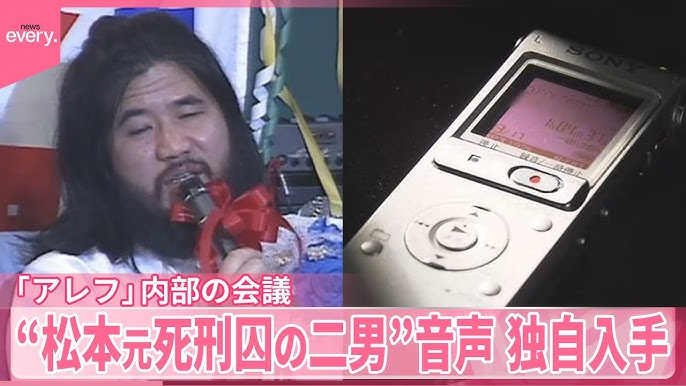News surfaced recently of the second son of former Japanese death row inmate Matsumoto, claiming the status of a 'guru'. This unexpected development has caught the attention of the Japanese public and media alike. Although it is yet unclear the exact context of his self-proclaimed title, his connection to a notorious and controversial figure has fueled speculation and myriad reactions from society.
In Japan, gurus and religious leaders are both revered and criticized. Given that the term 'guru' is being used here, it suggests the son may be engaging in religious or spiritual guidance. His father's controversial past as a death row inmate has further intensified the scrutiny around his claims. Japan's stringent legal system and societal emphasis on respect for authority also shape the social discussion around this development.
In the US or EU, individuals claiming religious titles or spiritual leadership statuses would also command attention but be subjected to similar scrutiny, particularly if they were related to controversial figures. However, it might arguably receive less public attention than in Japan, given the cultural differences in the perceived importance of religious authority and societal hierarchy.

